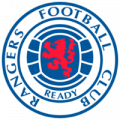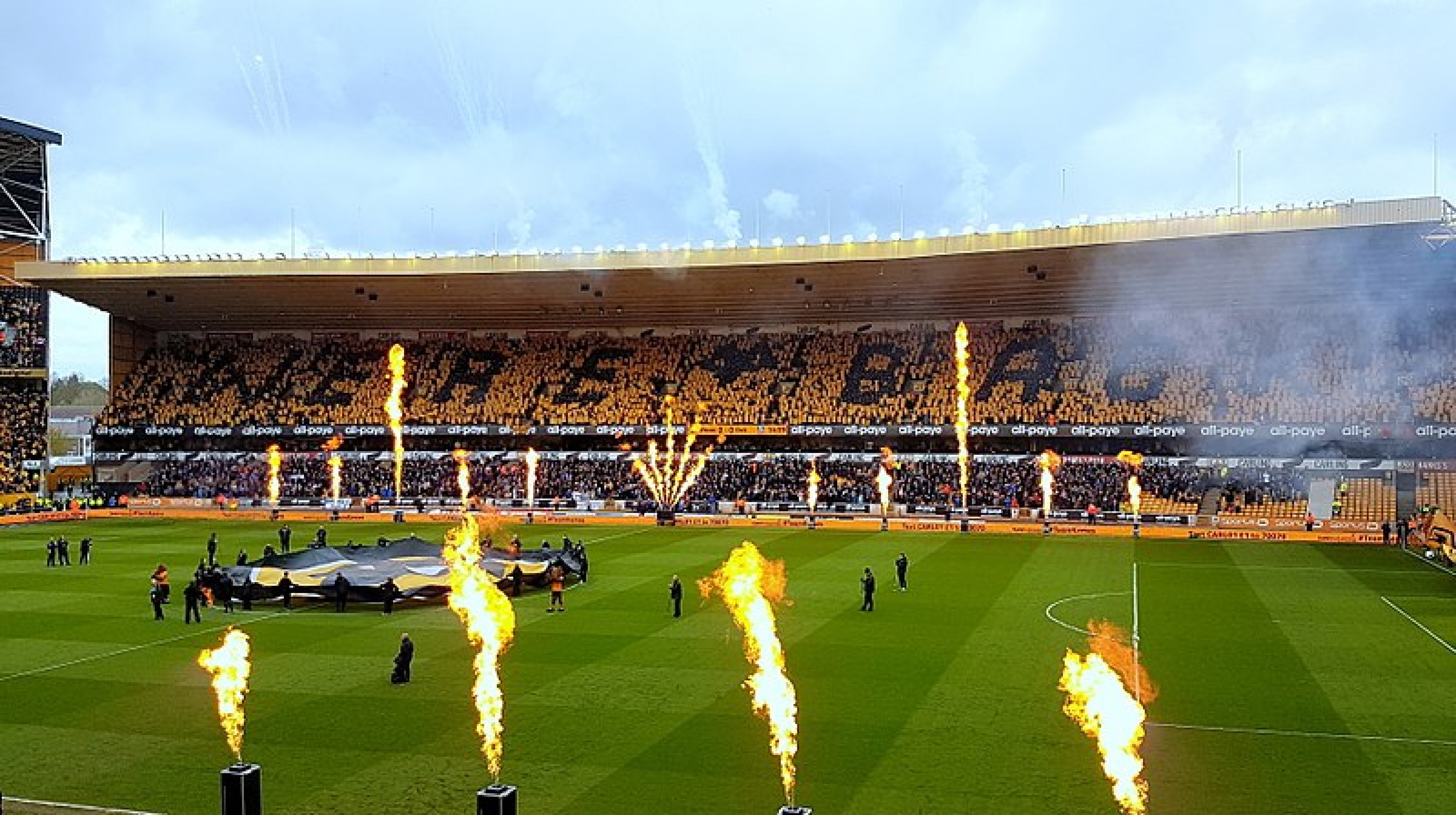League positions are certainly not decided during mid-September but Burnley's most recent defeat against Wolverhampton Wanderers should be ringing a number of alarm bells.
The result is certainly an issue, particularly as it was their fourth defeat in five, but the greatest concern has to be the Clarets' performance. Wolves, only promoted from the Championship last season, battered Burnley's goal with 30 strikes and made them look out of place in the Premier League - a side that finished in the top seven just four months ago.
From European dreams to relegation nightmares?
Yet previous performances mean very little in English football. Leeds United were playing Champions League football in 2001, finished fifth in the Premier League in 2002 and then were relegated just two years later. Similarly, Ipswich Town ended the season fifth in 2001, qualifying for the UEFA Cup, before dropping to the Championship the next season. In 1982, Swansea City finished sixth in the old First Division before being relegated just a year later.
And there have been numerous stories of clubs not just dropping out of the top-flight but falling through the football pyramid - think Leeds, Wolves, Wimbledon, Swansea and more recently Sunderland...
Losing control in the second half
On the face of it, 1-0 away to Wolves is not a terrible result but the scoreline certainly did not reflect the dominance of the hosts. 34% of the contest was played in Burnley's final third with the West Midlands club firing 30 shots at an average of one every three minutes.
Burnley were forced into desparation defensively. They made 28 blocks with 15 of those inside the penalty area and had to make 20 clearances from similar positions. With those statistics, you would think that Burnley were proving a tough unit to break down but goalkeeper Joe Hart had to make several smart stops and Wolves blazed over from a handful of positions they should have scored from. The expected goals statistic suggests that Wolves should have won 3-0.
But this is not a new concern for Burnley who could be suffering from their extensive Europa League qualification schedule. The Clarets have taken 16 shots and scored two in the opening 30 minutes of matches, conceding three from 20 shots during the same period.
However, in contrast, they are yet to score in the second half of Premier League games but have been faced with 48 shots in the last 30 minutes of matches - an average of one every three minutes suggesting that this Wolves performance was not a one-off, just more sustained from the opposition.
Is this fatigue or losing control of the game in the final half hour? The fact that Burnley have been behind in four of their five games from the 61st minute or earlier and should be chasing games in the last third of the respective ties suggests it could be a mixture of both.
Isolated strikers
In all honesty, control has been a major issue for Burnley throughout the 90 minutes in their opening five games. At 47.4% and 76.3% respectively, their possession and pass accuracy is not relegation standard just yet. However, their use of the ball has too often been reserved for the more defensive players in the team, hence the lack of goalscoring opportunities created.
The four strikers utilised against Wolves - Chris Wood, Sam Vokes, Ashley Barnes and Matej Vydra - had just 68 touches between them across the 90 minutes - only three of these were in the penalty area. Five of Wolves' players had more touches of the ball on their own, whilst lone striker Raul Jimenez converted six touches into five shots from within the box, netting the all important winner.
Joe Hart had a mammoth 50 touches of the ball, compared to to 16 from his opposite number Rui Patricio, more than eight of his teammates. Yet this is not a new problem for the Clarets. Only James Tarkowski, Ben Mee, Jack Cork and Ashley Westwood have been on the ball more than their goalkeeper this season who has touched the ball just 28 times less than all four Burnley strikers put together.
It still is far too early for Burnley to panic but they need to find a way of getting the ball forward to their strikers and remaining a competitive force in games for longer - and soon...










































